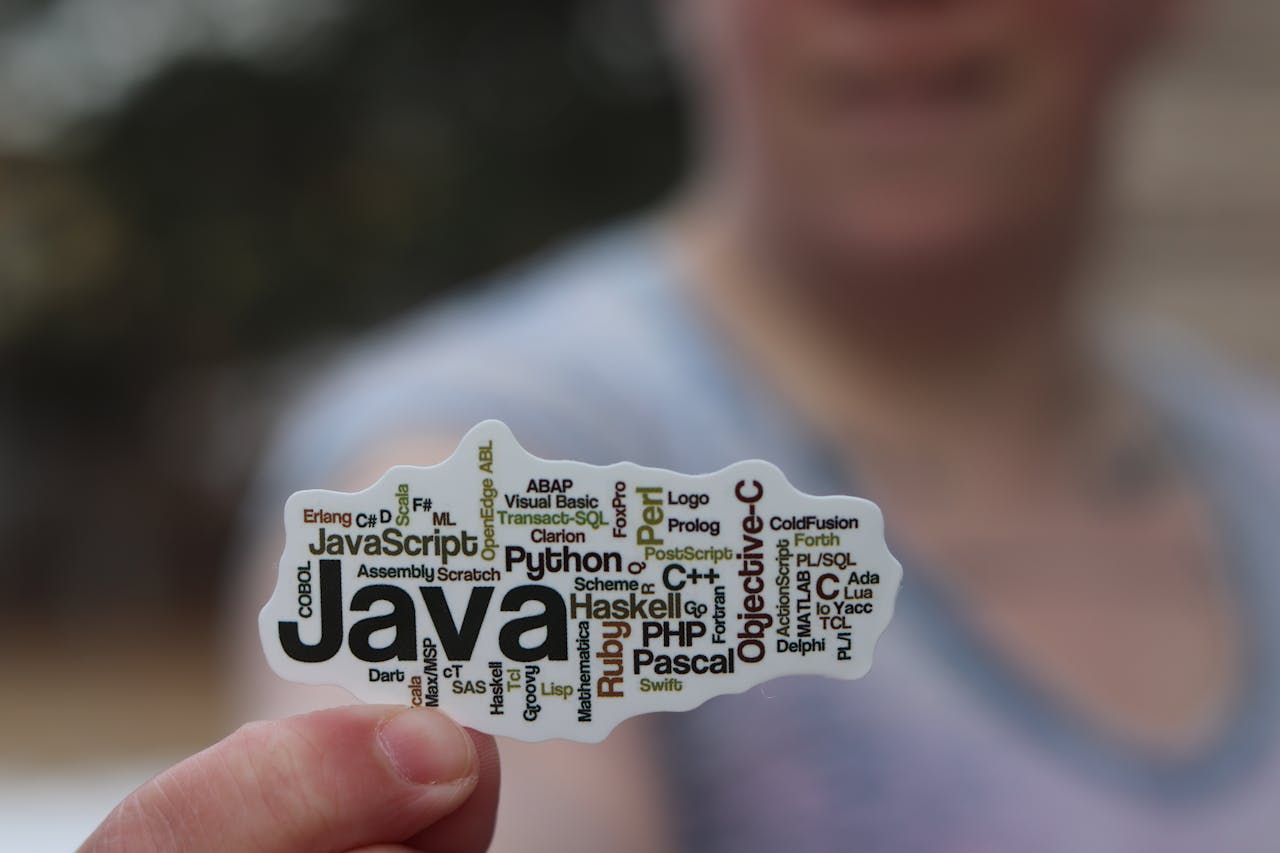In this blog, we’ll explore two foundational concepts in object-oriented programming (OOP): inheritance and polymorphism. These concepts enable code reuse and flexibility, making your Java programs more efficient and easier to maintain.
Inheritance
Inheritance is a mechanism that allows one class (the subclass) to inherit the fields and methods of another class (the superclass). This promotes code reuse and establishes a natural hierarchy between classes.
Superclass and Subclass
- Superclass: The class whose properties and methods are inherited.
- Subclass: The class that inherits from the superclass.
// Superclass
public class Animal {
private String name;
public Animal(String name) {
this.name = name;
}
public void eat() {
System.out.println(name + " is eating.");
}
}
// Subclass
public class Dog extends Animal {
private String breed;
public Dog(String name, String breed) {
super(name);
this.breed = breed;
}
public void bark() {
System.out.println("Woof! Woof!");
}
}
In this example, Animal is the superclass, and Dog is the subclass. The Dog class inherits the name field and the eat method from the Animal class.
Method Overriding
Method overriding occurs when a subclass provides a specific implementation for a method that is already defined in its superclass. This allows a subclass to tailor or extend the behavior of the superclass method.
// Superclass
public class Animal {
private String name;
public Animal(String name) {
this.name = name;
}
public void makeSound() {
System.out.println(name + " is making a sound.");
}
}
// Subclass
public class Dog extends Animal {
public Dog(String name) {
super(name);
}
@Override
public void makeSound() {
System.out.println("Woof! Woof!");
}
}
public class Main {
public static void main(String[] args) {
Animal myDog = new Dog("Buddy");
myDog.makeSound(); // Output: Woof! Woof!
}
}
In this example, the Dog class overrides the makeSound method from the Animal class to provide its own implementation.
Polymorphism
Polymorphism allows objects of different classes to be treated as objects of a common superclass. It is a powerful feature of OOP that enhances flexibility and maintainability.
Polymorphic Variables
A reference variable (of type superclass) can refer to any object of a subclass type. This enables a single variable to take on many forms.
public class Main {
public static void main(String[] args) {
Animal myAnimal = new Animal("Generic Animal");
Animal myDog = new Dog("Buddy");
myAnimal.makeSound(); // Output: Generic Animal is making a sound.
myDog.makeSound(); // Output: Woof! Woof!
}
}
In this example, both myAnimal and myDog are of type Animal, but myDog is actually an instance of Dog. This demonstrates how polymorphism allows us to write more general and reusable code.
Polymorphic Methods
Polymorphism also works with methods, allowing a method to perform differently based on the object that it is acting upon.
public class Main {
public static void main(String[] args) {
Animal[] animals = {new Animal("Generic Animal"), new Dog("Buddy")};
for (Animal animal : animals) {
animal.makeSound();
}
}
}
Generic Animal is making a sound.
Woof! Woof!
Here, the makeSound method behaves differently depending on the actual object type, demonstrating polymorphic behavior.
Benefits of Inheritance and Polymorphism
- Code Reusability: Inheritance allows you to reuse existing code by inheriting fields and methods from a superclass.
- Method Overriding: Subclasses can override methods to provide specific implementations, enhancing flexibility.
- Simplified Code Maintenance: Polymorphism allows you to write more general and flexible code, reducing the need for repetitive code and making maintenance easier.
- Improved Organization: Inheritance and polymorphism help organize code hierarchically, making it easier to understand and manage complex systems.
Conclusion
nheritance and polymorphism are key principles of object-oriented programming that enable code reuse, flexibility, and maintainability. Inheritance allows subclasses to inherit properties and methods from superclasses, while polymorphism enables objects of different subclasses to be treated as objects of the parent class. By understanding and leveraging these concepts, you can write more efficient and modular Java programs.




